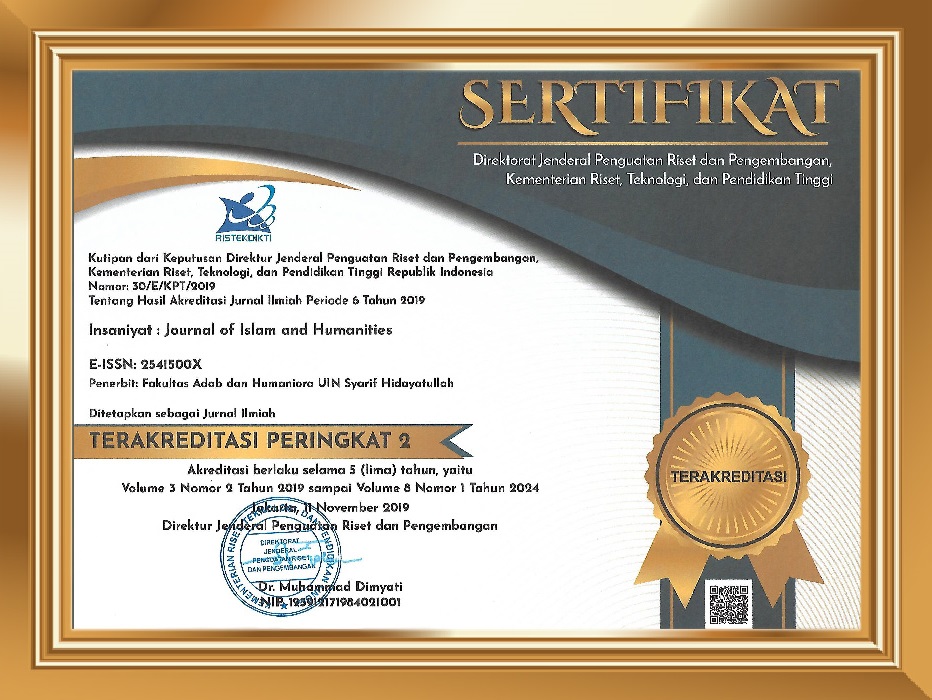The Ideology of Consumerism in Five Star Billionaire
Abstract
The last decades, people can calculate other people’s worth only through what they are wearing or their appearances. It makes the phenomenon of commodification and consumerism emerges in the society. This phenomenon might not harm the bourgeoisie, but it is harming the work class. This article discusses how consumerism harm the workers, meanwhile they are not realizing this. This phenomenon is clearly depicted by two main characters namely Phoebe and Gary in Five Star Billionaire, a novel by Tash Aw created in 2013. The portrayal of commodification can be seen through the action of characters in seeing the object or the persons base on exchange and sign-exchange value. This research used qualitative method with Marxist theory about consumerism. The results show that Phoebe and Gary are treated as commodity that have exchange value. Next, Phoebe is used her fake-branded stuff to give other people impression. Last, Phoebe is using Walter Chao to make she lives in luxury. How Phoebe is commodifying her stuffs leads her to follow the ideology of consumerism.
Keywords
References
Aw, T. (2013). Five Star Billionaire. London: Harper Collins.
Brancaleone, D., & O’Brien, S. (2011). Educational Commodification and the (economic) Sign Value of Learning Outcomes. 32(4), 501–519. https://doi.org/10.1080/01425692.2011.578435
Braverman, H. (1998). Labor and Monopoly Capital. New York: Monthly Review Press.
Creswell, J. W. (2014). Research Design: Qualitative, Quantitave, and Mixed Methods. United States of America: Sage Publications Inc.
Dobie, A. B. (2012). Theory into Practice Introduction to Literary Criticism. Boston: Michael Rosenberg.
Eagleton, T. (1976). Marxism and Literary Criticism. London: Methuen.
Esposito, J. L. (2002). Ensiklopedi Oxford: Dunia Islam Modern. In Ensiklopedi Oxford: Dunia Islam Modern (Vol. 3). Bandung: Mizan.
Habib, M. A. R. (2008). A History of Literary Criticism and Theory. Australia: Blackwell Publishing.
Rosida, I. (2014). Hasrat Komoditas di Ruang Urban Jakarta: Sebuah Kajian Budaya. Jurnal Al-Turas, 20(1), 47–53.
Rosida, I. (2018). Tubuh perempuan Dalam Budaya Konsumen: Antara Kesenangan Diri, Status Sosial, dan Nilai Patriarki. Jurnal Antropologi: Isu-Isu Sosial Budaya, 20(1). https://doi.org/10.25077//jantro.v20.n1.p85-101.2018
Todd, D. (2012). You are What You Buy: Postmodern Consumerism and Construction of Self. Journal of Academic Writing, 10, 48–50.
Tyson, L. (2006). Critical Theory Today: A User-Friendly Guide. New York: Taylor & Francis Group.
DOI: 10.15408/insaniyat.v4i1.13283
Refbacks
- There are currently no refbacks.






